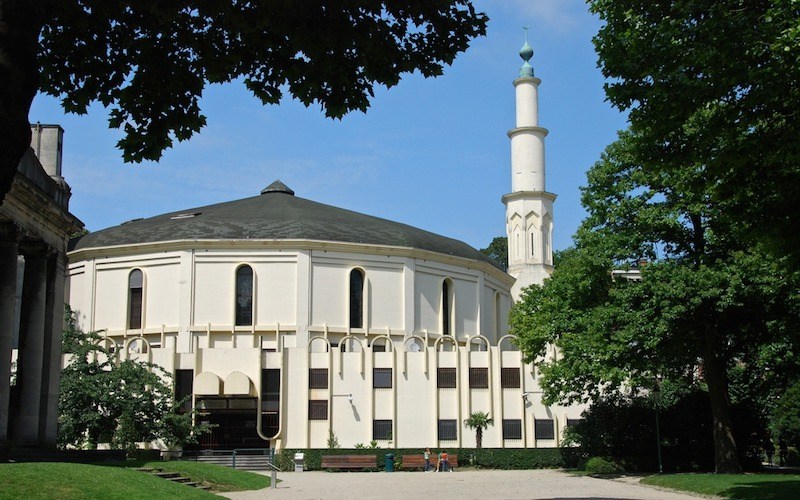The Islamic fasting period of Ramadan begins this year in little over one week, on 24 April, and the Muslim Executive, the body that officially represents the country’s Muslims, has been preparing rules adapted for the special circumstances of a nationwide confinement.
• Mosques are closed already and will remain closed, with no activity at all allowed to take place inside. That includes, for example, a live-stream of an imam at prayer, such as happened in many Christian churches at Easter.
This rule prevents the nightly Tarawih prayer from taking place in the mosque as it traditionally does during Ramadan.
“This non-compulsory, additional prayer can only be held at home in a limited circle, namely only among family members living under the same roof," the Executive said.
• To provide support for Muslims and allow them to live their spirituality in serenity, the Great Mosque of Brussels will provide various religious lectures presented on video by imams, previously recorded in the mosque itself.
• Muslims are asked not to wait until the end of the fasting day to buy supplies for their post-sundown meal, so as to prevent gatherings of people in front of shops that are practising social distancing.
"Inviting loved ones, friends and neighbours into your home is unfortunately prohibited due to social distancing obligations,” the Executive said. “Gatherings of people which sometimes form after meals, are no longer allowed. Moreover, those faithful who stay awake for part of the night must be careful to maintain peace in their neighbourhood."
• Children, the elderly or frail, pregnant or breastfeeding women and the sick are exempt from fasting, according to the Executive. For this year alone, Muslims working on the front lines in the fight against the pandemic and facing difficult working conditions (severe stress and fatigue, a busy work schedule, safety clothing that aggravate thirst) may also, if they are struggling, interrupt the fast or delaying the start. This rule mainly concerns employees in hospitals, care homes and funeral parlours, the Executive said.
• Finally, with fewer staff currently working in prisons and detention centres, the distribution of meals to Muslim detainees cannot be guaranteed at the time of the evening when fasting is interrupted, as has been the case in previous years.
"If inmates experience difficulties in fasting in these circumstances, it is permissible to interrupt or delay the fast,” the Executive says.
The Executive emphasised the importance of strict adherence to these recommendations by the entire Muslim community, as they are essential to safeguard public health. "Patience is the most important virtue in this context," it said.
Alan Hope
The Brussels Times

